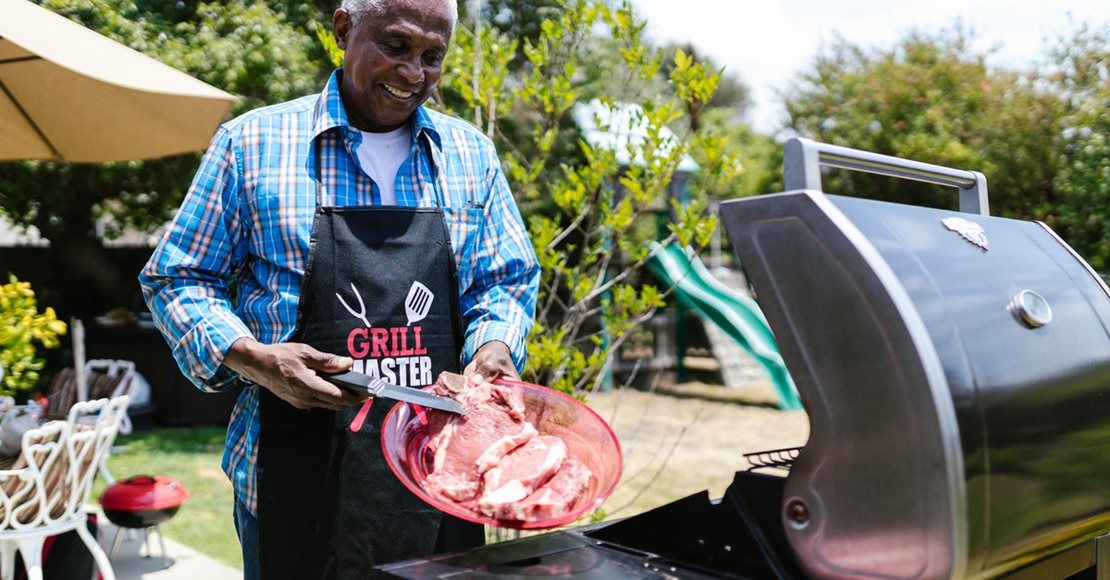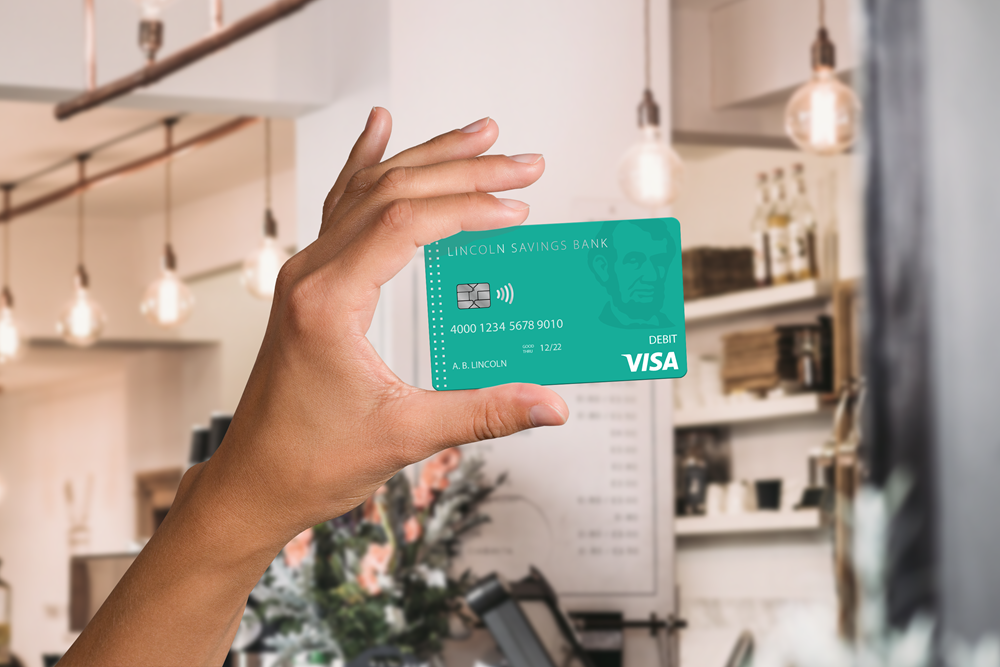
Summer is in full swing, and for many Iowa families that means more chances to fire up the grill. Cooking outside allows many families and friends to spend time together and enjoy the outdoors. (It can also be a great solution if you’re one of the many people renovating their kitchen this year!) Before you break out your tongs, take note of some grill safety tips to help keep you and your family safe this barbeque season.
Potential Hazard #1: The Grill
Whether you use an electric, gas, charcoal, or propane BBQ grill, make sure you take the appropriate basic safety and maintenance precautions.
- Do not use your outdoor gas, propane, or charcoal grill inside your home or in your garage. These types of grills produce carbon monoxide, which can be harmful or even deadly—even in small amounts. If you want to BBQ indoors, look for an electric grill or grill pan that is designed for indoor use.
- Make sure your grill is clean and well-maintained. Clean the grill grate and all other surfaces that will make contact with food. Pro tip: After using a grill brush to remove as much rust as you can, put the grate on the grill and sprinkle it with baking soda. Turn your barbecue on and watch the baking soda begin to bubble and remove the rust. Turn off the grill and let it cool down. For stubborn rust spots on the grates or inside the grill, make a paste out of vinegar or lemon juice and baking soda and apply for 30 minutes before wiping off.
- Inspect fuel line connectors, tanks, and valves on gas and propane grills to make sure they aren’t rusty or degraded. Check for gas leaks, which can cause a fire or explosion (ruining more than just your dinner)! It is normal to smell propane while lighting the grill, but if you smell gas while you are cooking, you may have a burner leak. Turn off the grill immediately and close the shutoff valve on the tank.
- Never leave a grill unattended. Make sure someone always has eyes on a grill that is lit or hot.
- Make sure you use the right fuel for your grill! Don’t use charcoal in a gas grill or wood in a charcoal grill. Use only charcoal designed for BBQ grills. If you’re smoking food on the grill, make sure you use food safe wood or wood chips; wood products like treated lumber or sweetgum wood can be unpleasant tasting or even toxic.
Potential Hazard #2: Fire!
One of the fun parts about grilling up dinner is the rustic, primitive experience of cooking over an open flame. Fire, however, can sometimes have a mind of its own. A sudden gust of wind and particularly greasy drippings can cause a fire to flare up out of control. Home grills were involved in an average of 10,600 fires per year between 2014–2018, according to the National Fire Protection Association.
If your grill catches fire, don’t panic. If you are using a propane, gas, or electric grill and can safely reach the controls, turn it off. For all types of grills, including charcoal, close the lid (if applicable) or smother the fire with salt, baking soda, or sand. In the rare event that an electric grill catches fire, attempt to unplug it if it is safe to do so, then smother any flames with baking soda. If that fails, use a fire extinguisher rated for energized electrical fires.
Do not attempt to douse a grill fire with water! Most grill fires are caused by greasy drippings, and water can make a grease fire worse. If you cannot smother the flames, use a chemical fire extinguisher.
If your home or property suffers damage from a grill fire, contact your homeowner's insurance carrier immediately.
Insurance products are: Not FDIC Insured | No Bank Guarantee | May Lose Value | Not a Deposit | Not Insured by any Federal Government Agency
Potential Hazard #3: Food Safety
Many different kinds of healthy meats and vegetables taste delicious prepared on the grill, but be extra careful to follow basic food safety handling guidelines when cooking outdoors. Raw meats and fish should be kept at safe food storage temperatures (40°F or below) until immediately before cooking. Do not return cooked foods to unwashed plates or containers that contained raw meats. Use paper towels to clean up spills and messes rather than sponges or cloth towels, which can spread bacteria from raw meat and fish.
Most grilling recipes list suggested cook times, but to be sure that meats are safe to eat and vegetables will taste their best, use an instant read thermometer. The CDC recommends the following safe cooking temperatures:
- Whole cuts of beef, pork, lamb, and veal should be cooked to an internal temperature of 145°F.
- Grilled shrimp and fish should also reach 145°F.
- Hamburgers and other ground beef should reach a temperature of 160°F throughout.
- Grilled chicken and other poultry, as well as pre-cooked meats like hot dogs, should be cooked to 165°F.
- When smoking, keep temperatures inside the smoker at 225°F to 300°F.
Refrigerate all leftovers promptly, including side dishes, salads, and other potentially perishable items. Discard food that has been out more than 2 hours (or 1 hour if temperatures are above 90°F).
Safe grilling practices can allow your family to enjoy healthy, fun meals all summer long. Now that you’ve mastered the basics, fire up the BBQ, grab some chicken skewers and burgers, and settle into the hammock with a great summer read. (And don’t forget the sunscreen!)

